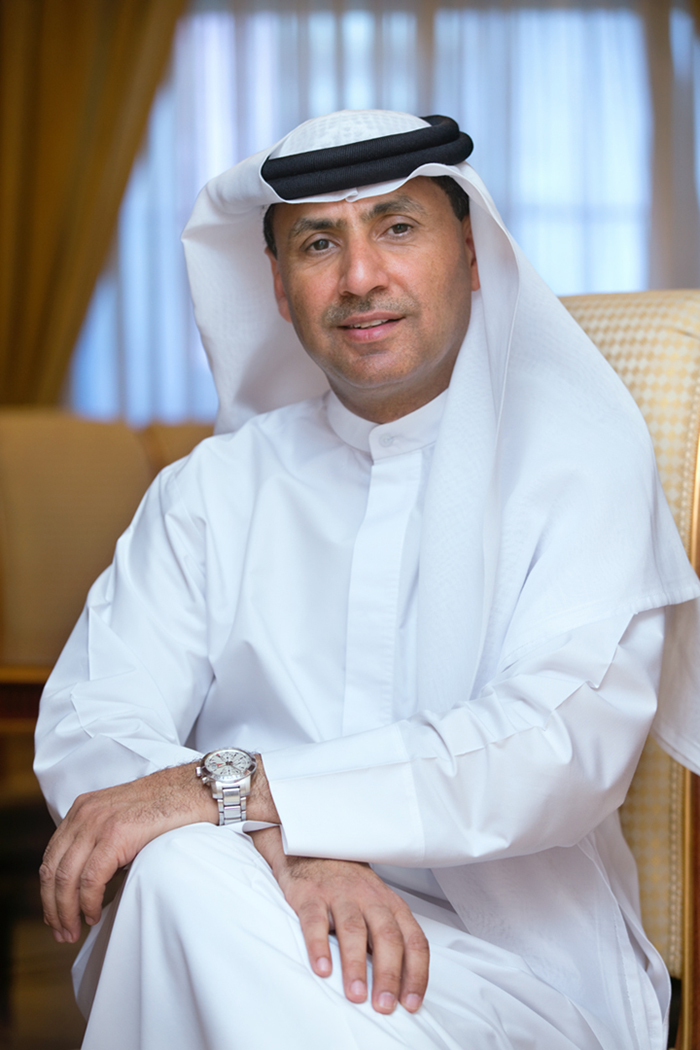Entrepreneurs
Hashem Al Marzouqi: Preserving Emirati Heritage One Dish at a Time

Hashem Al Marzouqi’s vision was simple in its magnitude: on a plate, the rich history of a place. What began as a dream first materialized in 2011 with the opening of the maiden Al Fanar Restaurant in Dubai, igniting a culinary voyage that would set Emirati traditions a league beyond. Today Al Fanar has become a family business, nine establishments in locales as far away as London, and playing a key role in the globalizing Emirati cuisine.
Ever since you enter into an Al Fanar restaurant, you literally enter an anthropologic show booth. Every twig is painstakingly designed to transport the diner to a time before the UAE’s oil boom, making the evening an experience rather than just one meal; it was a slice of life as the view was in the 1960s. A tribute to the abandoned village of Al Jazirat Al Hamra, the latest Al Fanar Seafood Market gazes out over the serene environs of Al Barsha Pond Park. Whilst the coral houses of this village now stand eternally still, haunting monuments to the past, Al Fanar’s menu reflects that same intention to preserve the flavours, and heritage, of days gone by.
Operations Manager of the group is now the son of Hashem, Sohail al Marzouqi. Al Fanar, for him, is much beyond being a restaurant; it is a tribute to the Emirati style of living that shaped up for his ancestors. “We wanted to recreate an old town as old as Fisherman’s Village on Alhambra Island in Ras al Khaimah,” he says, noting the extent he goes into in ensuring design with such detailing at every branch. The coral-wurked artefacts’, the furniture itself all depict that era when life in this part of the world was simple, quiet, and one of traditions. “The Sixties were a pivotal time for us,” Sohail continues, “It was when we found oil and the country began to develop, but this is how people lived before then, and this is how their houses looked like.
The menu at Al Fanar celebrates this era with dishes passed down through time. Many of them, like their signature dish of machboos samak, have originated from the rich culinary heritage of Sohail’s own grandmother, so every single meal in this place has its authenticity. Traditional sweet dishes comprise the legaimat dough balls and asidat al tamor or date pudding, while the dining feels like experiencing Emirati culture to the core since you sit on cushions around a table that is low in height and one can eat with their hands.
At the Fish Market in Al Fanar, the dinner experience is just a tad bit exotic. The restaurant also offers several Western treats dating from the 1960s and 1970s-old-style sweets that do much to keep alive, for those with a sweet tooth, an age based on an epoch of sucrose imports from the Emirates’ friends abroad. Among the most popular of these is Vimto, a mixed-berry refresher first produced in 1908 by a Manchester company. This high-octane cordial is, today, a more cultural exchange that has come to symbolize the UAE, a goodwill offering of the Ramadan holiday.
